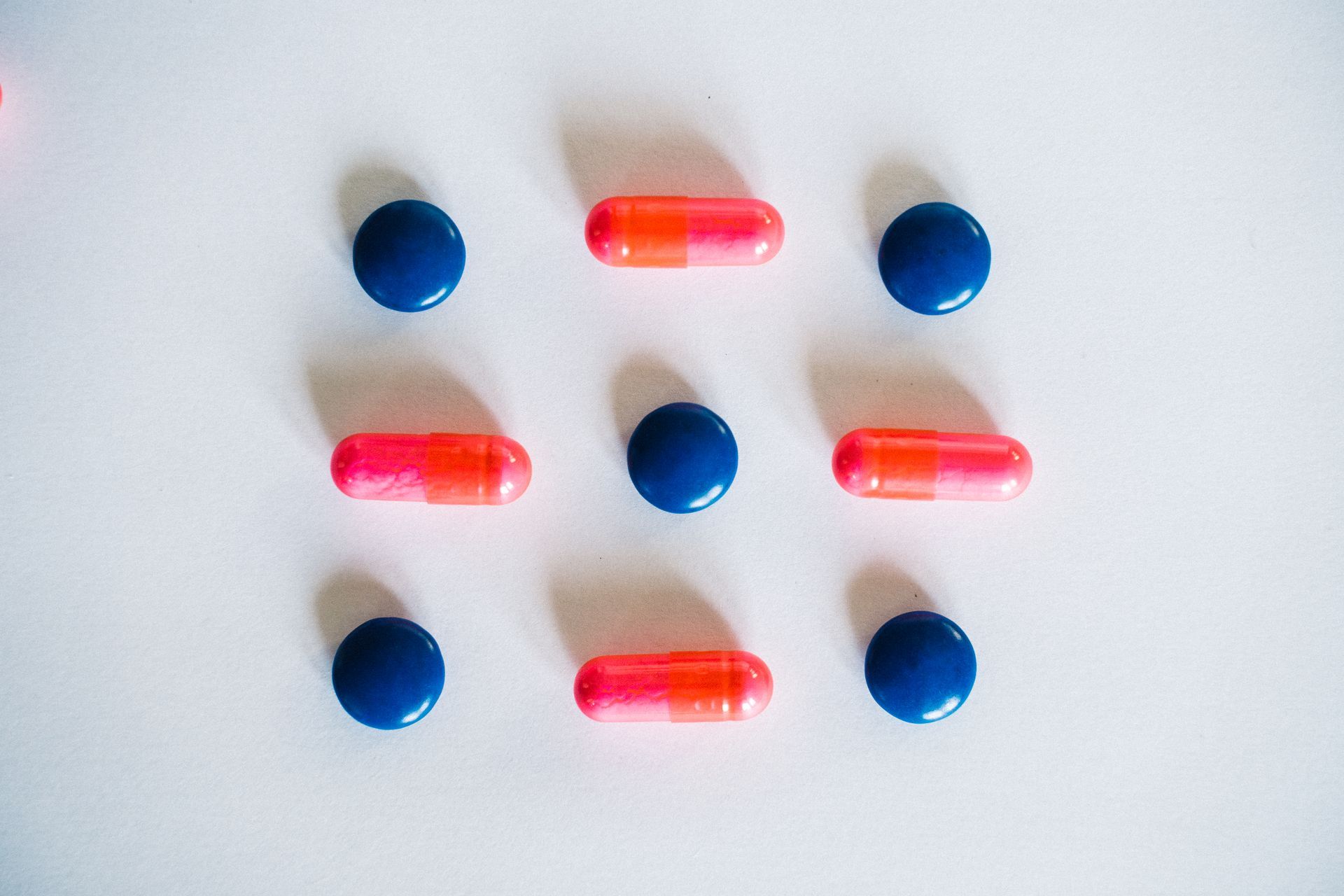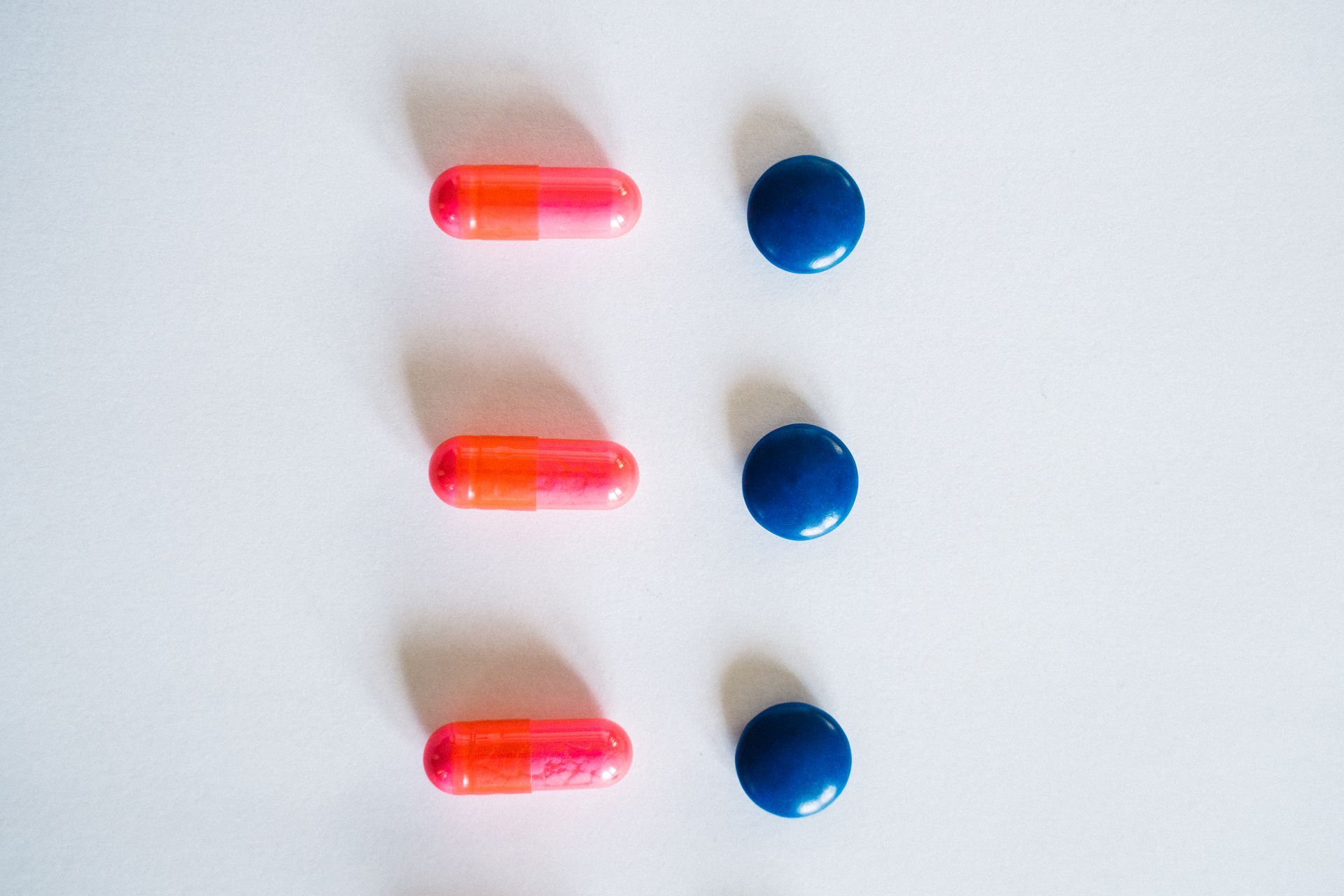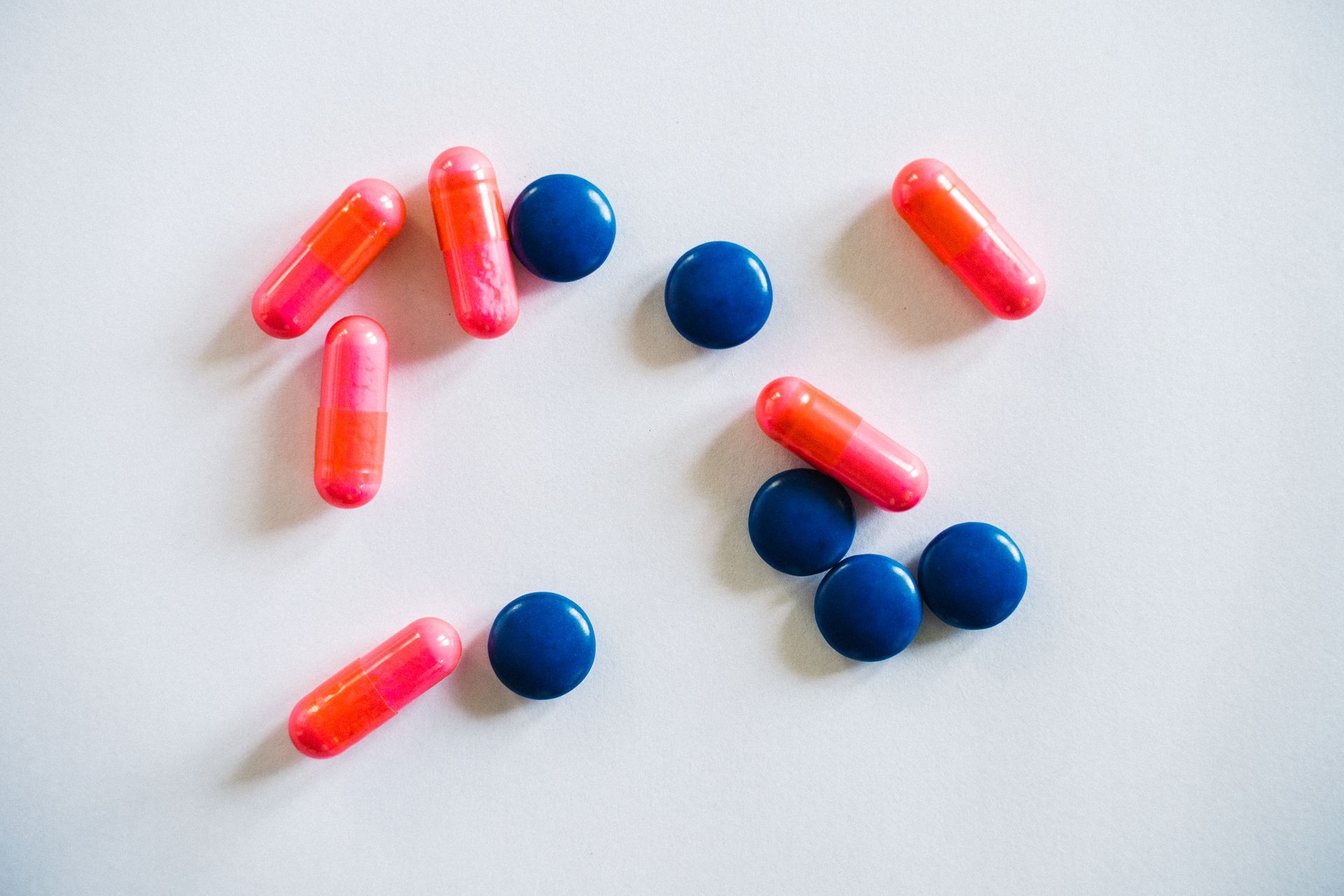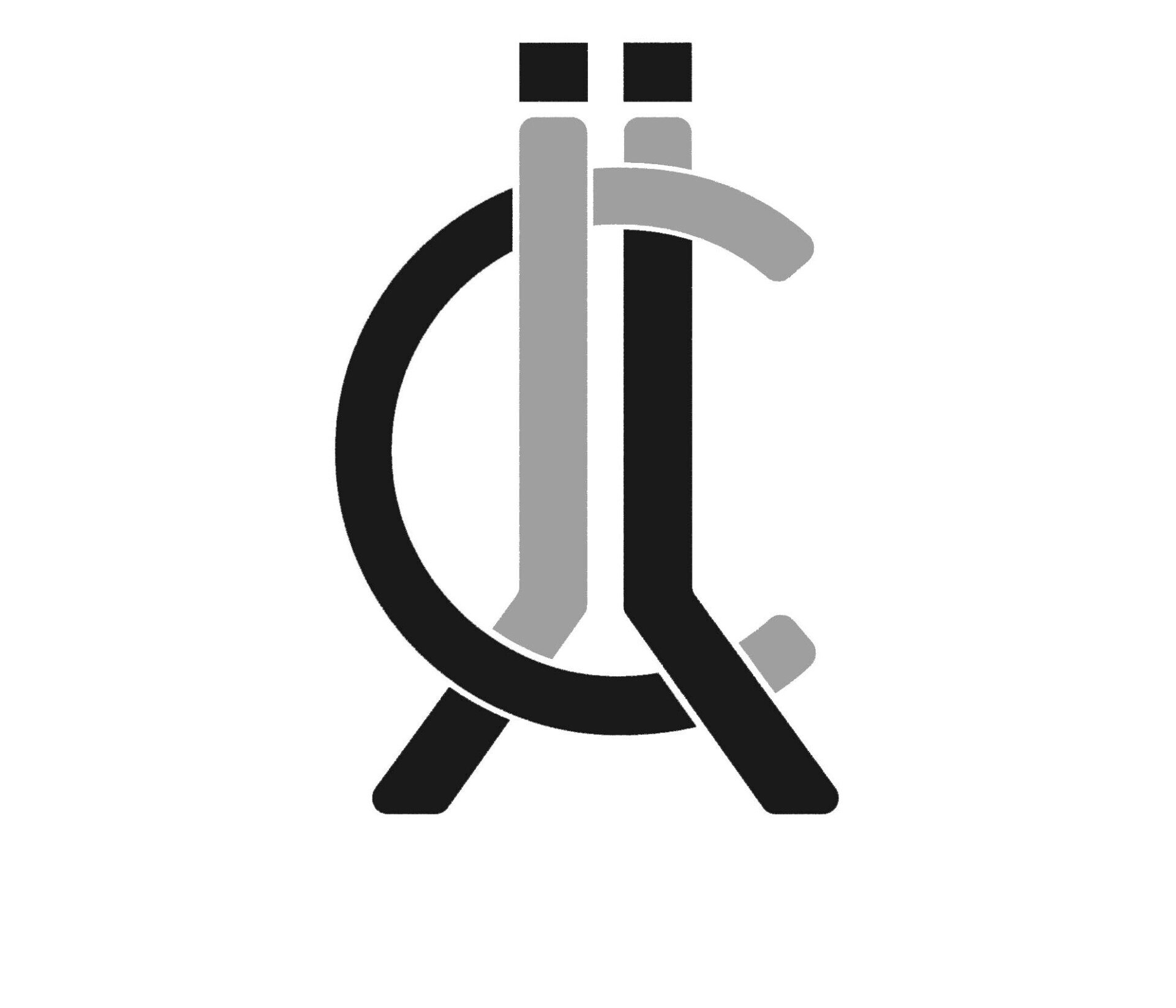RESTORE YOUR IMMUNE BALANCE

Restore is a programme that aims to help people who suffer from long Covid.
Certain individuals are experiencing symptoms long after the initial infection has passed. Long COVID affects various parts of the body, including the respiratory, cardiovascular, and nervous systems. Recent studies have highlighted the role of spike proteins and Gal-3 in COVID-19 related inflammation and clotting, which can lead to heart problems, abnormal blood clotting, and neurological symptoms.
A UK study found that around a third of people who contracted Covid-19 in England experienced long-term symptoms. This could translate to more than two million people affected in England alone. Persistent symptoms were reported by 38% of those surveyed, with 15% experiencing three or more symptoms. The most common persistent symptoms were tiredness, shortness of breath, muscle aches, and difficulty sleeping. Long Covid was more common among women, people who were overweight, smokers, those living in deprived areas, or those who had been admitted to hospital. Prevalence of persistent symptoms also increased with age. Restore is a natural therapy programme that offers hope and healing to people who suffer from long-term effects of Covid-19. The programme is based on the latest scientific studies and clinical experience, and is tailored to each patient's needs and preferences.
Restore programme is designed to help reduce the impact:
Mast Cell activation
Mast Cell Activation Syndrome (MCAS), causes inflammatory, allergic, and dystrophic issues. This condition has been linked to fibrosis in the lungs, liver, kidneys, and heart, as well as in the large intestines. Mast cells play a crucial role in pulmonary fibrosis, one of the main problems that develop in long COVID.
A recent survey of long COVID patients compared with individuals who had never had overt COVID symptoms to individuals with MCAS found that mast cell activation symptoms were increased in long COVID. The symptom profiles of long COVID mimicked those of MCAS.
As COVID-19 vaccines continue to be distributed, it's important to consider the potential for flare-ups of autoimmune conditions, which can occur between 10 and 14 days after vaccination. A survey of rheumatic disease patients found that 10% reported a systemic rheumatic disease flare after their first dose of the COVID vaccine, while 13% reported a flare after their second dose. MCAS is more common in women and may be related to environmental factors and epigenetic changes. Long COVID and post-acute COVID-19 may have implications for female reproductive function. NLRP3 inflammasome activation may be involved in clotting disorders in female reproductive organs in both MCAS and COVID-19. Early research suggests that oestrogen activates the NLRP3 inflammasome and induces IL-1β secretion in endometrial cells.
Viral Reservoirs
Studies show that individuals with long COVID , had spike protein present in their blood up to a year after they were first diagnosed. This finding provides evidence for the hypothesis that COVID can persist in the body through viral reservoirs, where the virus continues to release spike proteins and trigger inflammation. Children with a diagnosis of multisystem inflammatory syndrome several weeks following infection also exhibited higher levels of the spike protein in the blood, presumably from leaky gut.
Coagulation
People suffering from long COVID may face an increased risk of abnormal blood clotting. Researchers found that this blood abnormality was four times more likely in those experiencing difficulties with basic exercise more than 12 weeks after their COVID infection. The virus does not need to be in replication for it to trigger inflammation and clotting in patients experiencing long COVID. Lingering fragments of virus could still inflame blood vessels resulting in microclots that could account for a range of symptoms.
The most common complaints for long-haulers include fatigue and pain which stem from muscles being deprived of oxygen by microclots in the smallest blood vessels. Activated endothelial cells lining blood vessel walls can draw coagulation proteins to them, constricting blood flow and fostering the formation of tiny clots. Indeed, after a year post infection fragments of spike protein have been found on the cell surface of immune cells that patrol blood vessels and are involved in vascular homeostasis. A study found that all 70 participants had microclots in their blood and that the 24 people who received antiplatelet and anticoagulant therapy reported improvements in their long COVID symptoms and reduction of microclots.
Neuroinflammation
The most common, persistent and disabling symptoms of long COVID are neurological. Many people experience cognitive dysfunction in the form of difficulty with memory, attention, sleep and mood. In addition, other symptoms originate from the autonomic nervous system such as pain and post exertional malaise that people experience after even mild exercise. In addition to dizziness, a racing heart, high or low blood pressure, and gut disturbances are described sometimes leaving people unable to work or even function independently.
"During this Covid-19 pandemic over the last two years, many athletes and patients from my clinic were using this program. I have no other word than excellent, top supplements to help in treatment and help for post-covid symptoms. It's very well tolerated and many of us are using it regularly in these post-Covid days."
Dr Jovan Djurovic
Serbian Athletics team doctor
What our clients say

The programme consists of four main components
1. A comprehensive assessment of the patient's medical history, symptoms, and lifestyle.
2. A personalised treatment plan that includes supplements & herbal remedies.
3. A regular follow-up and monitoring of the patient's progress and response to the treatment.
4. A supportive and educational environment that empowers the patient to take charge of their health and wellbeing.



